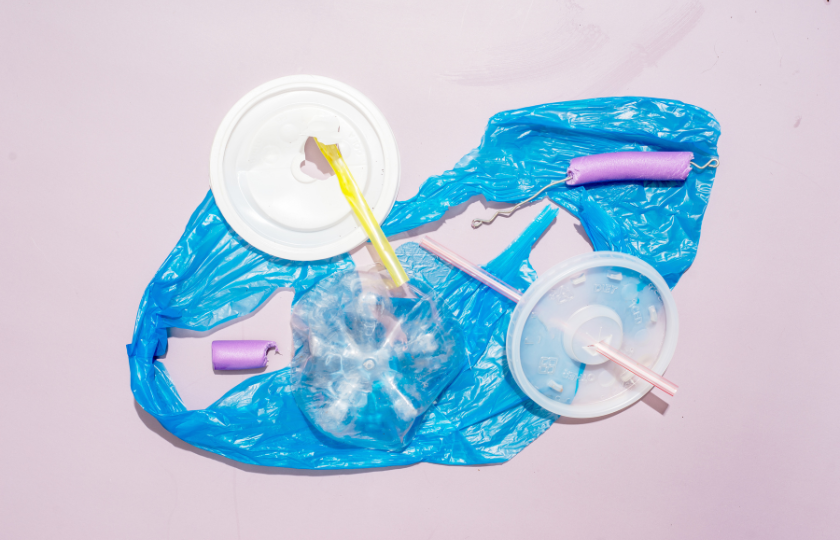Our planet is drowning in discarded plastic. Every plastic packaging ever made still exists and will for thousands of years. Sure, it might break down into smaller microscopic bits, but this can still pollute our oceans and land, spreading toxic chemicals, and harming wildlife. So the race is on to identify plastic packaging alternatives.
Despite being one of the most pressing environmental issues, it is quite challenging to eliminate plastic overall because it’s used everywhere – in what we eat, what we wear, how we pack things, end even how we communicate, given plastics are in our mobile devices.
It is hard to let go of plastic.
But fret not: there is still reason for hope, thanks to scientists and researchers who are working tirelessly to find solutions to pollution. So Viable.Earth is sharing eight innovative packaging alternatives to plastic in this feature.
Where it all began – a history of plastic
The English word “plastic” or “plastics” originated from the Greek word “plastikos,” which means “pliable and easily shaped.” More recently, it became a name for a category of polymers, which means “many parts”. Polymers exist in nature; there are natural polymers.
However, in the early 1900s, Leo Baekeland invented the first fully synthetic plastic – Bakelite – after searching for a synthetic substitute for shellac – a natural insulator – to meet the need to power the US with electricity.
He found that Bakelite was not only a good insulator, but it was also durable, and heat resistant, and unlike organic polymers, it can be scaled for mass production. Bakelite could be moulded into almost anything.
Mass production it was. People during those times probably didn’t think of the consequences the material would cause in the future, which is today.
8 innovative packaging alternatives to plastic
#1 Tipa – Israel
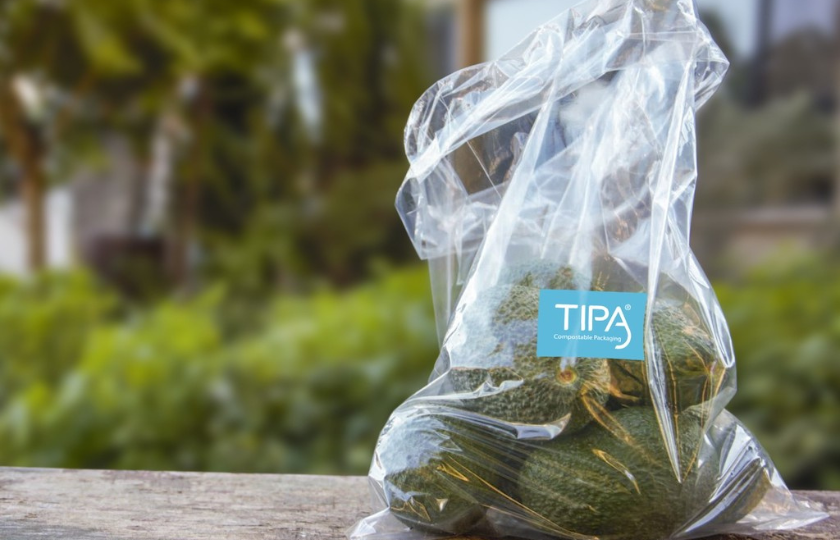
Founded in 2010 by entrepreneurs Daphne Nissenbaum and Tal Neuman, Tipa creates compostable packaging for fresh produce, dry food, and apparel using patented technology and a blend of compostable polymers.
The eco-friendly films and laminates, says the company, emulate the properties and functionality of conventional plastic materials, including their durability, barrier resistance, and shelf life. In addition, the material can decompose into the soil in 180 days compared to traditional plastic, which takes 1000 years or more to biodegrade.
#2 Marinatex – UK
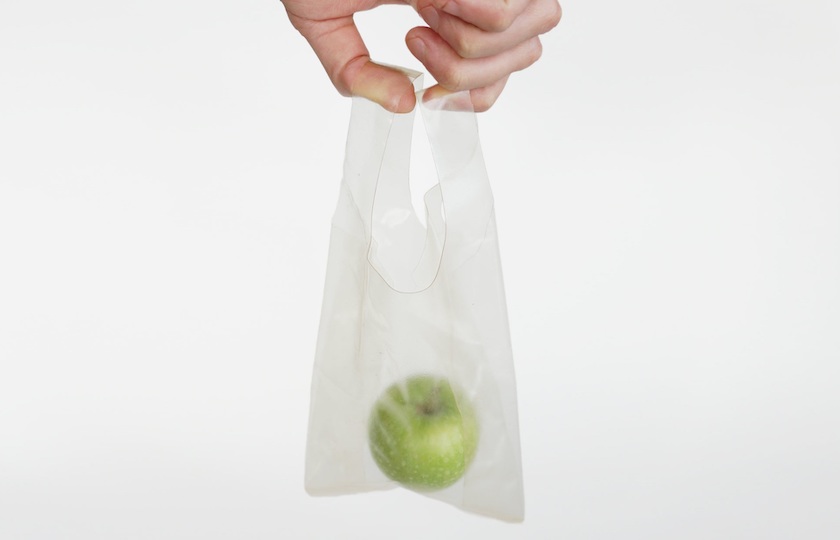
Lucy Hughes, a University of Sussex product design graduate, wanted to turn the tide by creating a 100-per-cent biodegradable plastic alternative from fish waste.
MarinaTex is a plastic substitute that looks and feels like one but is constructed of fish scales and skin held together by red algae.
Hughes claims that the bioplastic is sturdy, transparent, and flexible and that because it is biodegradable and compostable at home, it might be “part of a worldwide solution” to the single-use plastic problem.
#3 Loliweare – US
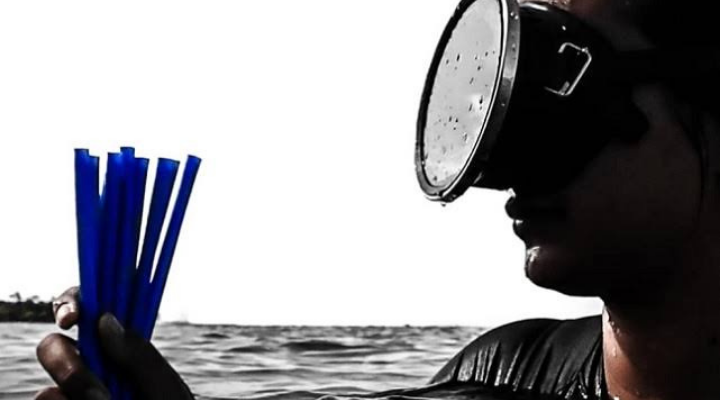
Seaweed pellets have been created by US materials technology company Loliware and can potentially replace plastic on a large scale.
The “ocean’s equivalent of trees” is seaweed. It can capture up to 20 times more carbon per acre than land forests and absorb carbon dioxide and nitrogen compounds, helping clean the environment.
Ocean-farmed seaweed is used to manufacture the SEA Technology material (Seaweed-derived, Emissions-avoiding, Alternative to plastic), which can be utilised like plastic pellets and moulded into a wide range of products.
#4 Plastic from potatoes – Sweden
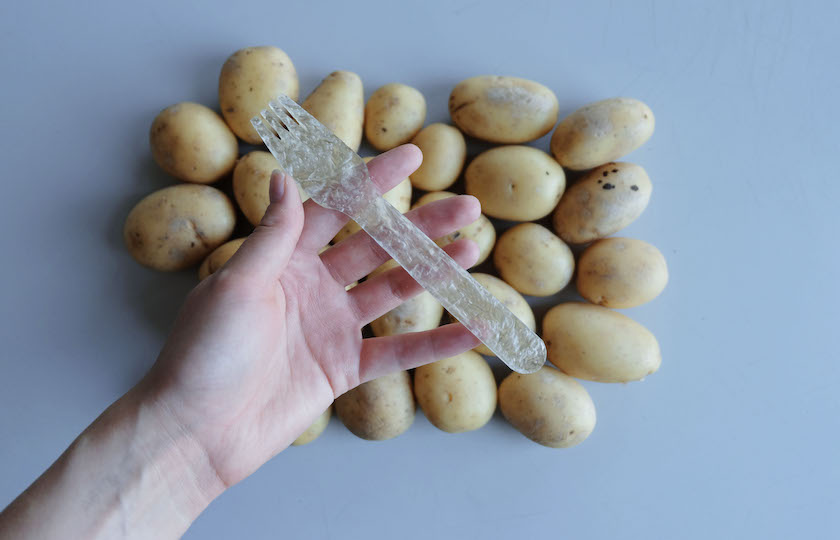
Swedish designer Pontus Törnqvist has created an alternative to conventional plastic using potatoes – an invention that earned him the James Dyson Award in 2018.
The potato plastic packaging alternative can be used for eating utensils, condiment bags, and can also replace normal plastic straws.
#5 Evoware – Indonesia

Evoware, an Indonesian startup, provides biodegradable and edible packaging made from seaweed as the raw material to replace conventional plastic.
According to David Christian, founder of Evoware, the idea originated after he considered a more effective way to cook food while decreasing plastic waste.
The startup’s product range includes edible drinking cups made with seaweed, infused with natural flavours, and edible food wraps and sachets that are odourless, tasteless, and 100 per cent biodegradable.
#6 Self-cleaning bioplastic – Australia
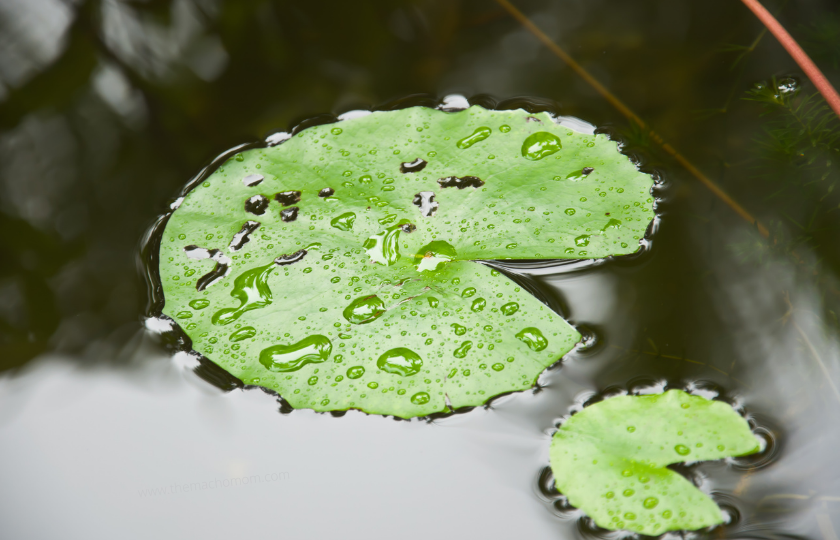
Researchers from the Royal Melbourne Institute of Technology (RMIT) University have developed a self-cleaning bioplastic that repels dirt and liquid. Inspired by the lotus leaf, the innovative plastic is sturdy, sustainable, and compostable – able to break down rapidly once in soil.
#7 Plastic-free cassava bag – Australia

Eco-startup, Cassava Bags, has launched a version of the biodegradable single-use non-plastic bag that can dissolve in hot water.
The Cassava-based products are all-natural and are 100 per cent non-toxic, Polylactic acid (PLA) free, and Bisphenol (BPA) free and are designed as a single-use product. They also take around three minutes to dissolve in hot water or six months to biodegrade in soil.
#8 Hero packaging – Australia
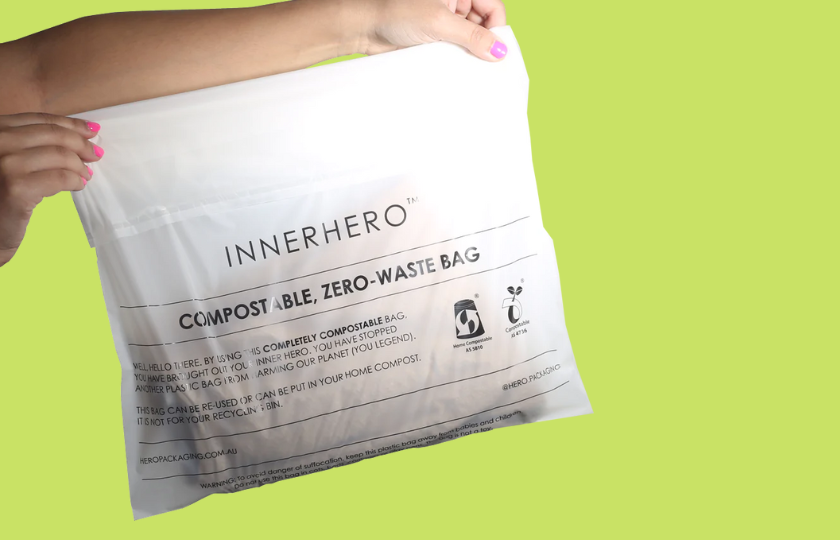
The Australian-based company has successfully developed a transparent and reusable garment bag with the same look, strength, and functions as its plastic version but can be completely dissolved in boiling water within 30 seconds.
In addition, it contains no microplastics and can be composted at home.
If you know of any other sustainable plastic packaging alternatives, let us know in the comments below!

